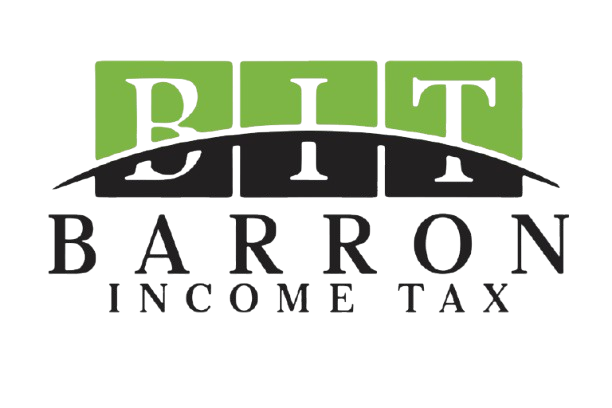Effective Estate Tax Strategies in California: A Comprehensive Guide
Jessi Barron • March 24, 2024
Estate taxes can significantly affect California residents’ financial legacy. Understanding how these taxes work and their impact on your estate is crucial. By adopting effective estate tax strategies, individuals can greatly reduce the tax burden on their heirs. We have identified key strategies that can make a difference. These include gifting, trusts, and strategic asset […]
The post Effective Estate Tax Strategies in California: A Comprehensive Guide appeared first on Barron Income Tax.

Planning for retirement goes beyond just saving money. Taxes can significantly impact your nest egg, so crafting an effective tax strategy is crucial. By considering tax implications throughout your retirement journey, you can potentially save a substantial amount of money. However, navigating the intricacies of tax laws, especially for retirees, can be complex. Barron Income […]
The post 5 Great Ways to Cut Taxes in Retirement appeared first on Barron Income Tax.

Owning real estate comes with many financial considerations, and taxes are a significant one. Real estate tax preparation goes beyond simply filing forms. It’s about uncovering opportunities to maximize your financial efficiency as a property owner. Real estate taxes can be intricate, with deductions and credits that the untrained eye might miss. These hidden savings […]
The post Unlock Hidden Savings: Why You Need a Real Estate Tax Preparer appeared first on Barron Income Tax.

Every dollar counts for small businesses! Tax planning is an essential aspect of managing a small business effectively. Navigating the complexities of tax preparation can be challenging, but with the right tools and knowledge, you can optimize your financial outcomes. This is where the small business tax deductions checklist for 2024 becomes invaluable. Designed with […]
The post The Ultimate Small Business Tax Deductions Checklist 2024 appeared first on Barron Income Tax.
Blog
